Pakistan used own resources in 96-hour conflict with India: Gen Mirza
CJCSC warns lowering of threshold where cities are focal targets is dangerous for both India and Pakistan
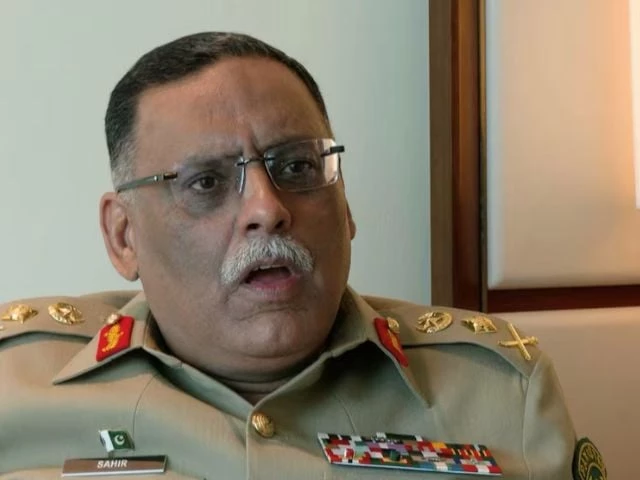
Chairman of the Joint Chiefs of Staff Committee, General Sahir Shamshad Mirza, told BBC that Pakistan fought the recent 96-hour conflict with India using only its own resources.
His remarks counter reports from Indian media claiming China's military assistance to Pakistan during the clash between the two nuclear-armed neighbours last month.
General Mirza emphasised that Pakistan used equipment comparable to India’s and procured some military hardware from other countries.
He highlighted that previous skirmishes were limited to disputed areas and did not reach the international border.
However, he continued, "This time the borders were relatively peaceful and this time the cities were hot."
He argued that this lowering of threshold where cities are considered focal targets is dangerous for both India and Pakistan in any future conflict.
#Pakistani Chairman Joint Chiefs of Staff Committee, General Sahir Shamshad Mirza talk to BBC: pic.twitter.com/G4M1H7Cpvh
— Kashmiri Tales (@KashmiriTales) June 2, 2025
Tensions between Pakistan and India soared after the April 22 Pahalgam attack, killing 26 in Indian Illegally Occupied Jammu and Kashmir (IIOJK). India blamed Pakistan-based elements without presenting any evidence, which Islamabad denied calling for an independent probe. India closed the Wagah border, revoked visas, and suspended the Indus Waters Treaty, prompting Pakistan to call it an "act of war."
Explosions hit Pakistani cities on May 6–7, as India launched air attacks on Pakistan. Pakistan retaliated with Operation Bunyan-un-Marsoos, targeting Indian military sites. A US-brokered ceasefire was later announced after escalating military exchanges.
"This affects the trade, investment and development needs for 1.5 billion people," says Chairman Mirza. "There is no formalised conflict resolution or management mechanism at the moment.The Director-General of military operations of both countries have a hotline that is regularly used on Tuesday to exchange issues and information, and is available on currents if any untoward situation like this, and it can be used at any time. However, this is the only option available."
He warned that future conflicts may not remain confined to specific regions and criticized the absence of an effective and organized mechanism to resolve Indo-Pak disputes.
He continues that if there is only one defence mechanism available at all times and it faces an Indian polity with a reckless and extremist mindset, then the time window for intervention substantially decreases.
He concludes by saying, "With the absence of any conflict management system, the chances of spiraling this conflict remains high".
Regarding emergency communications, the chairman noted reliance solely on DGMO hotlines and expressed concern that extremist mindsets limit international intervention time.
He added that global powers, including the US, have limited time left for mediation.
Read Pakistan launches diplomatic offensive against India
Previously, Pakistan on June 2 strongly criticised recent comments by Indian leaders, describing them as reflective of a hostile and dangerous mindset that undermines regional peace.
The statement from Pakistan’s Foreign Office followed remarks made by India’s Ministry of External Affairs spokesperson on May 29, when he claimed that talks on Kashmir would only proceed if Pakistan “hands over Azad Jammu and Kashmir” to India.
Foreign Office spokesperson Shafqat Ali Khan said any attempt to blame Pakistan for instability in the region was disconnected from facts. “The international community is well aware of India's aggressive conduct, including documented evidence of support for terrorism inside Pakistan,” he said.












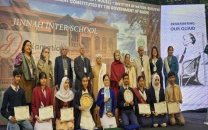
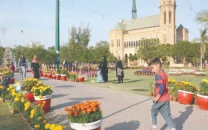

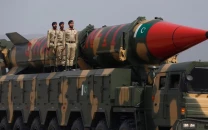
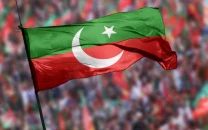
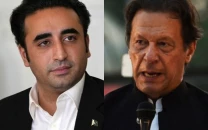












COMMENTS
Comments are moderated and generally will be posted if they are on-topic and not abusive.
For more information, please see our Comments FAQ